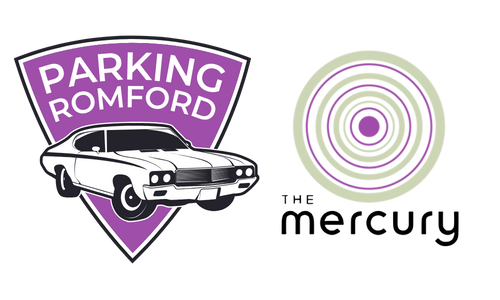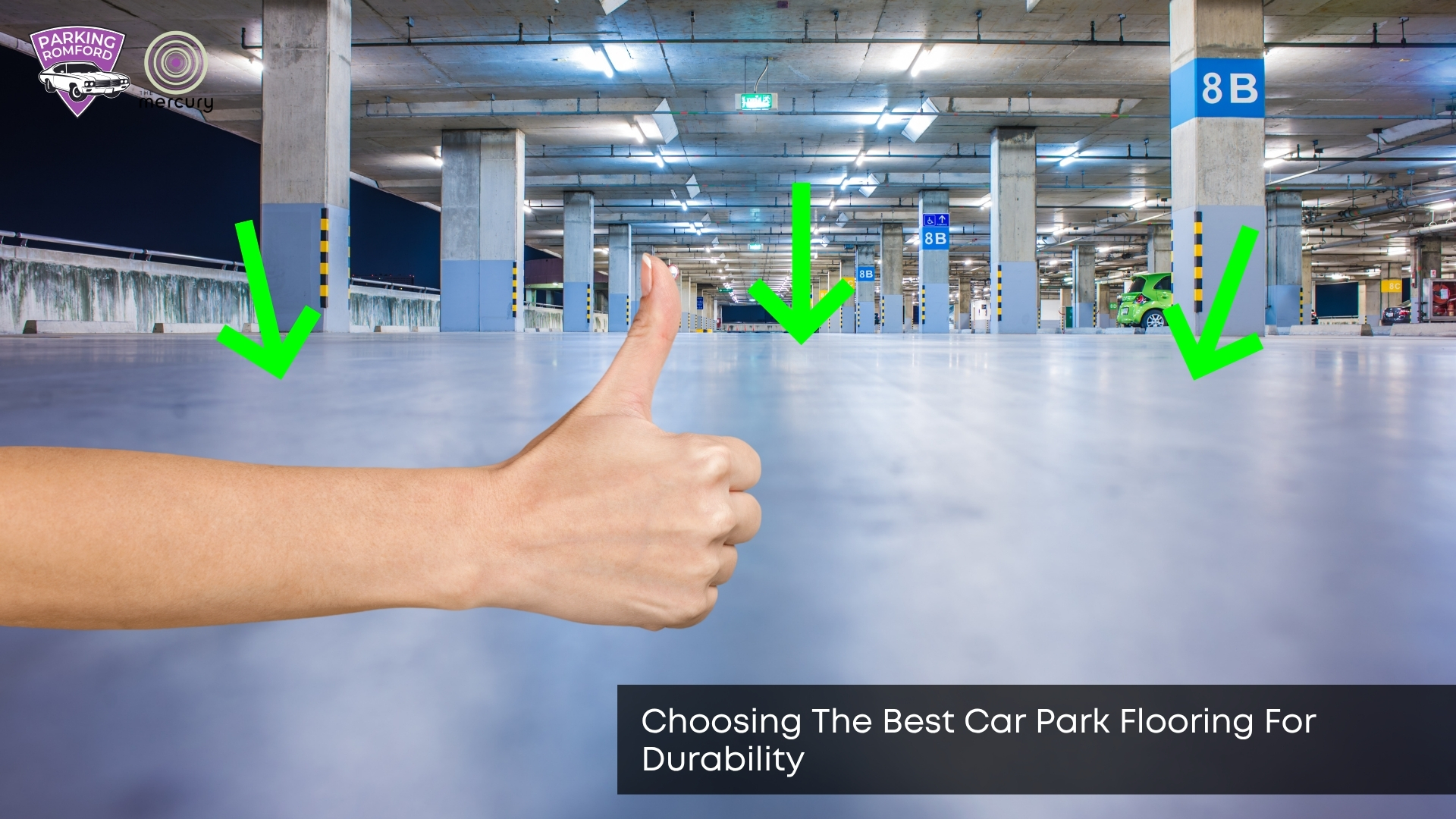Car park flooring plays a crucial role in the safety, longevity, and appearance of any parking facility. Choosing the right type of floor can make all the difference in terms of long-term durability. With so many materials and features to think about, it helps to start with a clear understanding of your options. This guide walks you through everything you need to know to make the best choice. Let’s begin by exploring why flooring even matters in the first place.
Why Does Flooring Matter in a Car Park?
Car park flooring matters because it directly affects both the longevity of the surface and its safety for drivers and pedestrians. A poorly maintained floor can crack, wear out quickly, or become slippery when wet. The right material helps manage vehicle weight, weather damage, and chemical spills, such as oil or fuel. It also affects how easily the car park can be cleaned and maintained. This foundation sets the stage for comparing the most popular types of flooring.
What Are the Most Durable Car Park Flooring Options?
The most durable car park flooring options include epoxy coatings, polyurethane finishes, reinforced concrete, and resin-bound systems. Each of these materials offers high resistance to wear, weather, and chemicals. They also work well in high-traffic areas and can handle pressure from heavy vehicles. Some also provide added grip or slip resistance for improved safety. Among these, epoxy and polyurethane are especially common in commercial settings, so let’s look at them in more detail next.
How Do Epoxy and Polyurethane Floors Compare?
Epoxy floors are hard, glossy, and renowned for their resistance to chemicals and wear and tear. In contrast, polyurethane floors are more flexible and better at withstanding temperature changes. Epoxy tends to be more cost-effective, but it can become brittle in extremely cold or hot environments. Polyurethane costs more but holds up better against impact and movement. Both are good choices, but your final pick depends on the setting and usage. Concrete is also widely used, so it’s worth considering on its own.
Can Concrete Alone Provide Long-Term Durability?
Yes, concrete can provide long-term durability if it’s sealed and maintained properly. On its own, plain concrete is strong but prone to cracks, dusting, and water damage. By adding sealants or coatings, you can extend its life and improve its resistance to oil stains and weather. It’s cost-effective for large open-air car parks where budget is a key concern. Still, it may not be the best option for all settings, especially outdoors in harsh climates.
What Flooring Is Best for Outdoor Car Parks?
The best flooring for outdoor car parks is usually reinforced concrete or resin-bound surfacing, depending on your needs and budget. Outdoor surfaces must withstand rain, UV rays, freezing temperatures, and heavy use. Resin-bound surfaces provide a strong grip, excellent drainage, and weather resistance, making them ideal for customer-facing or visually appealing areas. However, their cost can be higher than basic concrete, which might still be suitable for less demanding locations. The expected level of traffic plays a key role here.
Does Heavy Traffic Affect Flooring Choice?
Yes, heavy traffic can directly affect the flooring material you choose. In busy locations such as supermarkets or city centre car parks, surfaces need to resist tyre wear, vehicle weight, and constant movement. Concrete with a thick sealant or polyurethane coatings works well for these situations. Materials must also resist fuel or oil spills, which are more common in high-use areas. Multi-level or indoor spaces have their own set of needs.
What About Flooring for Multi-Storey or Underground Car Parks?
Multi-storey and underground car parks need flooring that can handle moisture, movement, and poor ventilation. Flexible systems, such as polyurethane, work well because they can expand and contract without cracking. These spaces also need high slip resistance due to condensation and limited airflow. Noise control and light reflection can also be improved with the right floor finish. Drainage matters too, which brings us to another important point.
How Important Is Drainage When Choosing Flooring?
Drainage is crucial when selecting flooring for a car park, as standing water can cause damage and pose safety hazards. Floors should slope slightly to direct water to drains or collection points. Porous materials, such as resin-bound surfaces, facilitate surface drainage, particularly outdoors. In indoor areas, built-in drainage systems are most effective. Good drainage also reduces the chance of freezing, mildew, or water pooling. For more practical Romford parking information, local examples can help guide your flooring setup.
What Role Do Safety Features Play in Flooring Materials?
Safety features, such as slip resistance, visibility, and impact protection, should be considered when making your flooring decision. Rough-textured finishes, bright line markings, and anti-slip coatings all reduce accident risks. Different zones can be colour-coded to guide drivers and protect pedestrians. Choosing a surface that stays grippy in wet conditions is key. Surfaces that fail on this point can even lead to car park penalty charges if signage and zones aren’t clearly marked.
How Much Maintenance Does Each Type of Car Park Flooring Need?
Maintenance depends on the flooring type, with resin-bound and polyurethane surfaces needing less frequent upkeep than concrete. Epoxy floors require periodic resealing but are otherwise low-maintenance. Concrete should be inspected for cracks and resealed periodically to maintain its durability. Cleaning routines also vary by finish, especially in indoor car parks. Over time, good maintenance saves on costly repairs and preserves safety, but costs can also be a deciding factor.
What Are the Costs of Durable Car Park Flooring?
Durable car park flooring costs vary, with concrete starting around £40 per square metre and resin-bound or polyurethane systems costing between £60 and £120 per square metre. Installation, site preparation, and maintenance also affect the total price. While upfront costs may seem high, the use of long-lasting materials reduces long-term expenses. Value should be judged by total lifespan, not just the first invoice. If you’re balancing cost and location, knowing where to park in Romford can also inform your site layout and surfacing choices.
Which Flooring Option Offers the Best Value for Your Needs?
The best value flooring option depends on your location, traffic levels, climate, and long-term budget. Resin-bound and polyurethane floors give excellent durability, low maintenance, and strong safety benefits. Concrete offers savings but needs more upkeep and protection to last. The smart choice strikes a balance between cost, performance, and the needs of your site. By thinking ahead, you’ll invest in flooring that stands the test of time.


Leave a Reply